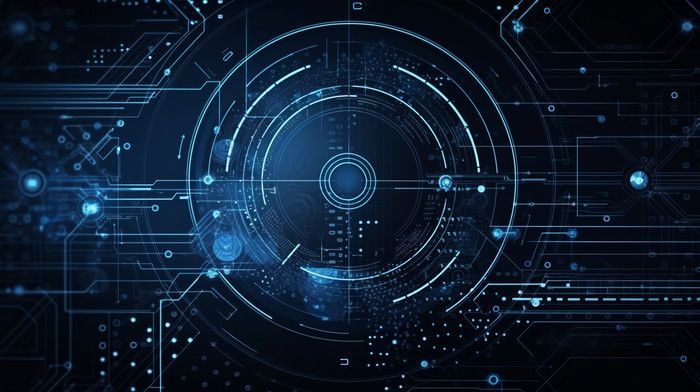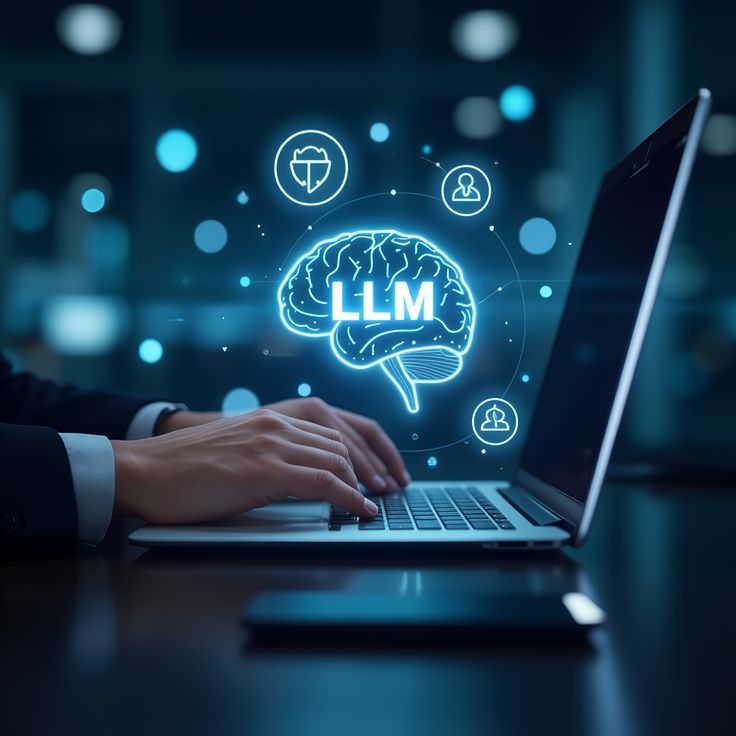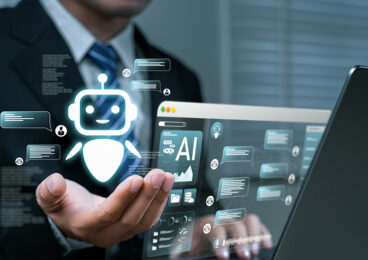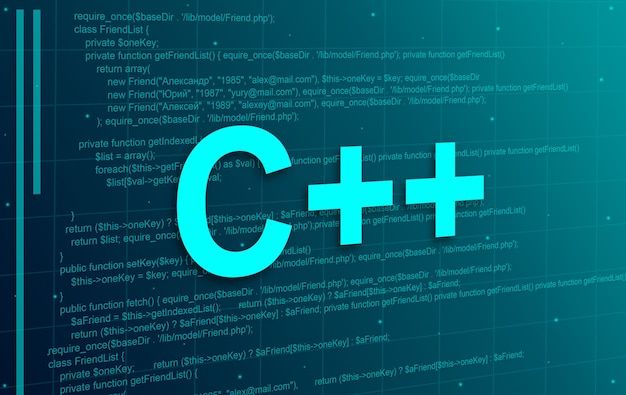Knowledge Hub

In previous parts of The LLM Journey, we covered: Part 1: How raw internet text becomes tokens. Part 2: How neural networks learn…

In previous parts of The LLM Journey, we’ve covered: Part…

In Part 2, we unpacked how large language models (LLMs) learn during training — billions of tokens fed into neural networks, shaping parameters that capture patterns…

If you're in cybersecurity, risk, or compliance, you're probably feeling the pressure. Regulations like DORA,…

Agentic AI is dominating headlines — self-directed software agents that…
How can we help you?
Address
2A-1-1, Plaza Sentral, 5 Jalan Stesen Sentral 5, Kuala Lumpur 50470 Kuala Lumpur
info@rapinnotech.my
Phone Number
+03 2773 5773
- Digital Strategy
- Experience Engineering
- Cloud Engineering
- Data Engineering
- Automation and Quality Engineering
- Generative AI
All Quick Links
Rapinno Tech Solutions SDN. BHD.
202501022314 (1623727-H),
Copyright © 2025. All rights reserved
